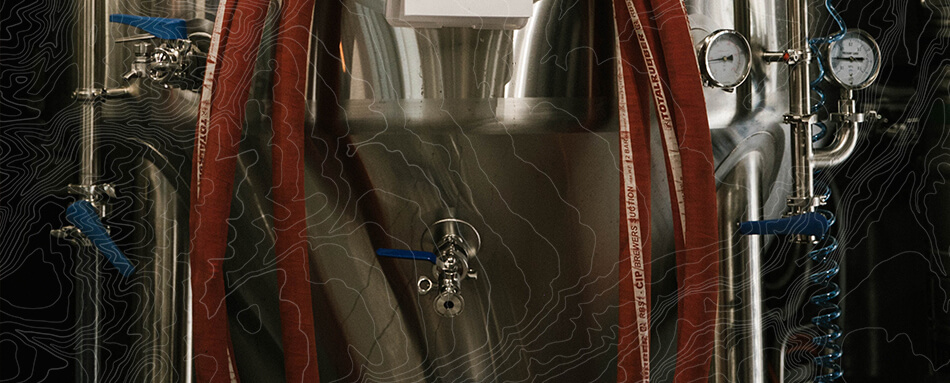High Gravity Fermentation

The high gravity brewing process creates strong wort with high original gravity (above 1.065). The higher starting gravity provides more fermentables for the yeast to consume and convert, which in turn produce a higher alcohol beer for styles such as the Double IPA, Barleywine, Belgian Strong and Tripel, German Doppelbock and Eisbock, and more. Some professional operations also utilize this method to increase production by producing concentrates and diluting with sterile, deaerated, and carbonated water. This process allows an increase in beer production when space or equipment is limited and saves on cost and energy.
A few factors will determine the success or failure of high gravity beers; pitch rates, nutrient addition, and oxygenation. Increasing wort gravity without increasing your pitch rate can create “stressed” yeast, resulting in lower viability and vitality after pitching.
Wyeast Lab’s rule of thumb when increasing wort gravity is pitching one million cells per milliliter per degree Plato; so 20 °Plato (1.080 SG) wort would require 20 million cells per mL. We advise you to pitch multiple Activator packages or make a starter to avoid inconsistencies and high terminal gravities.
Nutrient levels decrease during high gravity fermentation due to increased binding of nitrogen or dilution from adjunct addition. Lower nutrient levels can cause yeast to underperform in stressful conditions like osmotic stress and temperature stress. We recommend adding Wyeast Beer Nutrient to restore nutrient levels to create healthier fermentation.
Oxygen is required for new cells to develop properly. Without the required oxygen, cells cannot develop the integral components necessary for their vitality resulting in unideal fermentation characteristics. Our brewers recommend oxygenating with pure oxygen through a sintered stone.
For more details on high gravity brewing and pitching, visit our website; you will find standard pitching rates for various styles and strains, details on re-pitching, and much more.
Happy Brewing,
Wyeast Laboratories
